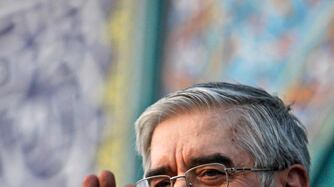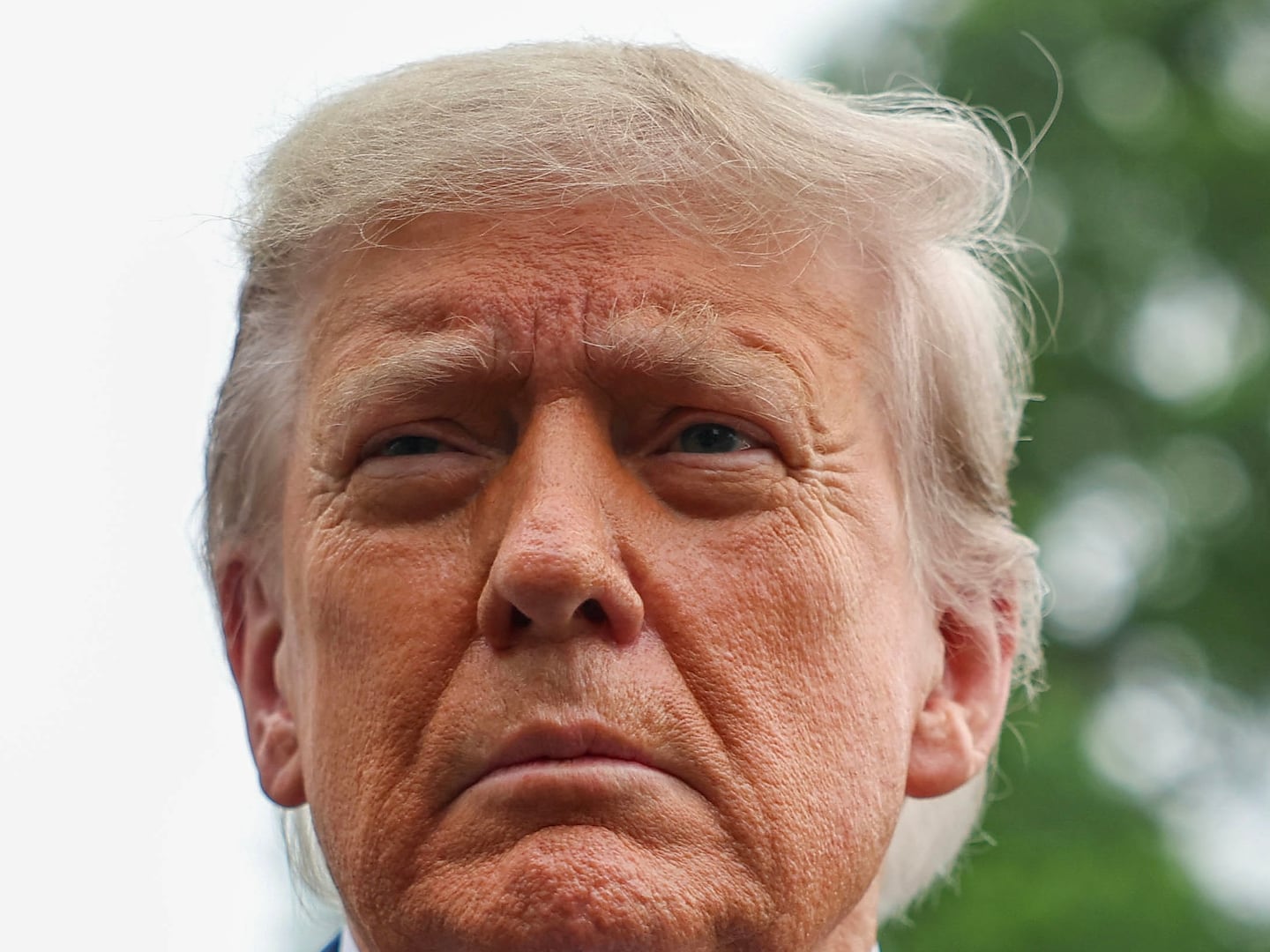
Plus, read more insight on Iran's election from other Daily Beast writers.
As the Obama administration debates how, exactly, to react to the disputed election in Iran, it should reconsider its earlier commitment to negotiations with the country’s dictatorship of unelected ayatollahs.
President Obama’s “no drama” mantra seems out of place in messy Tehran, where instability threatens the ruling ayatollahs and raises questions about whether it is the best time for diplomatic engagement over Iran’s quest for nuclear weapons. Diplomatic engagement with a regime that has little support from its own people can provide needed oxygen to a dictatorship that would otherwise be out of breath.
The loyal opposition leader celebrated in the West, Mir Hossein Mousavi, presided over Iranian terrorist activities, including the 1983 U.S. Marine barracks bombing in Lebanon and hostage taking of Western nationals.
Brookings Institute senior fellow Suzanne Maloney endorses negotiations in her article for The Daily Beast, “ An Absurd Outcome.” Maloney focuses on evidence of vote rigging, and she assumed voting irregularities would be restrained by the regime’s need to maintain perceived legitimacy over the Iranian political system, of which she claims “representative institutions and popular participation” are a crucial component. Maloney also contends that “Obama has to be prepared to move forward with diplomacy despite the wholesale setback for Iran’s limited democracy. In the wake of this disastrous election, opportunities for progress on engagement may unexpectedly present themselves.”
Although Maloney admits that she and other analysts were wrong in presuming the regime would not resort to cheating to maintain power, she falsely assumes that representative institutions legitimize the rule of the ayatollahs in what she refers to as “Iran’s limited democracy.”
Despite the appearance of representative institutions, Iranian clerics rule by divine right, decide who is able to compete in elections, and dismiss the need for institutions that preserve liberty, such as rule of law, free press, and minority rights. Rather than deriving legitimacy from the people, the ayatollahs rule by claiming they are representatives of God on earth. For them, legitimacy comes from a radical brand of religious jurisprudence that reclaims their “rightful” position at the center of the Muslim world. Their ideology invokes God as cover for repression that allows the regime literally to get away with murder, in the name of God.
The legitimacy of last week’s election is irrelevant to these radicals’ pursuit of a nuclear bomb. The Iran Policy Committee, of which I am president, finds that the Iranian regime seeks nuclear weapons' status as a means of exporting its revolution abroad, ensuring its survival at home, and coercing its neighbors, including Israel.
To motivate the Iranian regime to bargain in good faith, Obama needs leverage. One option is for the West to reach out to the ayatollahs’ internal opposition. But there is a profound difference between the “loyal opposition” that accepts the legitimacy of the Iranian regime and the main opposition organizations that challenge the regime. The loyal opposition leader celebrated in the West, Mir Hossein Mousavi, presided over Iranian terrorist activities, including the 1983 U.S. Marine barracks bombing in Lebanon and hostage taking of Western nationals. And according to other opposition sources, Mousavi implemented Ayatollah Khomeini’s policy of executions, beginning in the summer of 1981.
By reaching out to an organization like the National Council of Resistance of Iran, which challenges the ayatollahs’ regime and which provided critical intelligence to the West about Tehran’s uranium enrichment, Washington could engage in indirect diplomacy with Tehran. If the United States reached out to the main Iranian opposition organizations most feared and loathed by the regime, according to research of the IPC, it could challenge Tehran without paying the risk of enhancing regime legitimacy. (See the IPC book Appeasing the Ayatollahs and Suppressing Democracy.)
An easy first step would be to remove the NCRI from the U.S. Foreign Terrorist Organizations list. By doing so, the American government would implicitly place internal regime change on the table without having to resort to military action. By reaching out to organizations like the NCRI, Obama would effect change in Iran without inadvertently propping up a regime that may be in its dying days.
Professor Raymond Tanter is a former member of the National Security Council staff, personal representative of the secretary of Defense in the Reagan administration (1981-84), and president of the Iran Policy Committee since 2005. His latest book is President Obama and Iraq: Toward a Responsible Troop Drawdown.






